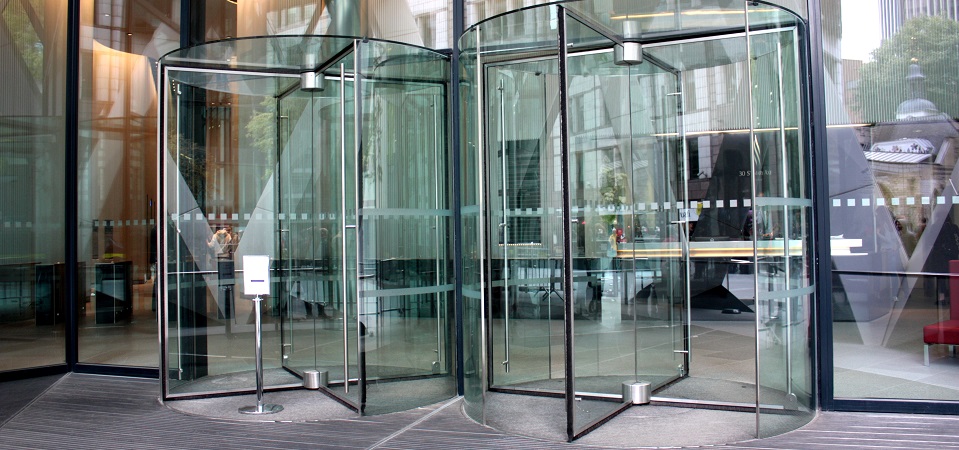One of the most contentious, frustrating and sometimes very costly parts of vacating a leased commercial property can be the dilapidations claim that tenants are faced with.
Tenants are most commonly left with a dilapidations bill upon termination of lease to cover a landlord’s alleged losses as a result of breaches of repairing covenants. These claims can be significant.
WHN Solicitors’ specialist commercial property solicitor, Eleanor Longworth, shares four helpful tips to help businesses and their leaders avoid a large dilapidations bill when vacating commercial property.
Make repair obligations part of moving out plans
When preparing to vacate a property, tenants have a lot to consider, and dilapidations may not be at the top of the list. Taking a proactive approach by considering your repairing obligations and options before you are due to vacate could save you a lot of money in the long run.
Check your commercial property lease
Often commercial leases contain specific clauses detailing your obligations in relation to repair and delivery of possession, so it’s important that both landlords and tenants comply with these.
It could be that your obligations are limited by a schedule of condition, covenants may specify which parts of the building your repairing obligations relate to, or the landlord may have to serve notice. You may be required to reinstate the premises to its original condition before vacating a commercial property.
You may be able to defend a dilapidations claim in all or part on these bases.
Seek legal advice before vacating your commercial property
Experts – including surveyors and specialist commercial property solicitors – will be able to help challenge a landlord’s dilapidations claim and advise on potential defences, such as supersession and diminution in value.
If you are uncertain about the extent of your obligations or how you could potentially minimise your liability at lease termination, it’s vital to obtain early advice from an expert who will be able to help put a strategy in place.
A tenant’s options to avoid a large dilapidations bill
It may be beneficial to carry out works before lease expiry, in order to reduce your potential liability on termination.
If you choose not to carry out works before your lease expires, then you will not have the right to re-enter the premises to carry out the works, unless you have the landlord’s consent.
Undertaking repair works means that you have control over the contractors that are appointed and costs from the outset, so it’s often more cost-effective to have the works completed before the expiry of the lease.
Engaging with the landlord at an early stage could also uncover what its intentions are for the property, if anything can be left behind and if a deal can be done, which could avoid a protracted and costly dispute.
For commercial tenants see also: A landlord’s guide to terminal dilapidations
Eleanor specialises in commercial property and long leasehold dispute resolution, acting on behalf of landlords and tenants, with expertise in a wide range of commercial property litigation matters, including dilapidations, possessions, insolvency-related disputes, arrears recovery and lease renewals.
If you need help on a dilapidations matter, our specialist solicitors are here to help. Please contact Eleanor on 0161 761 8082 or by email eleanor.longworth@whnsolicitors.co.uk













